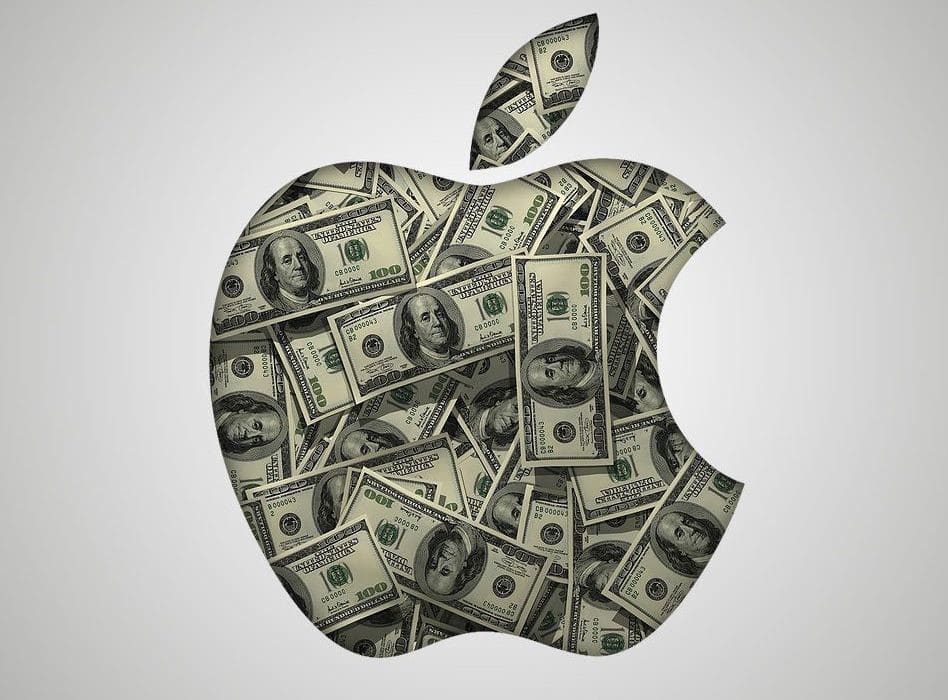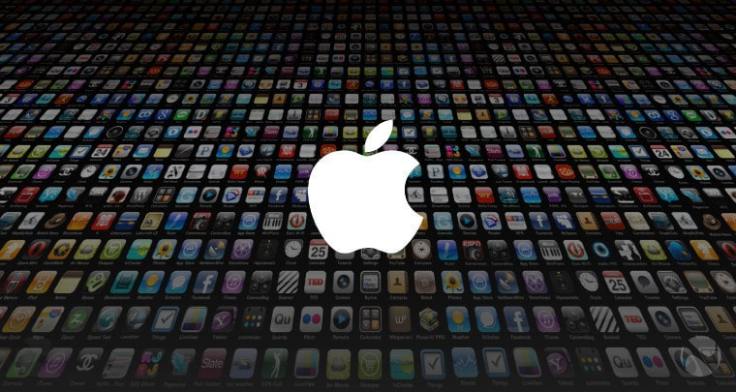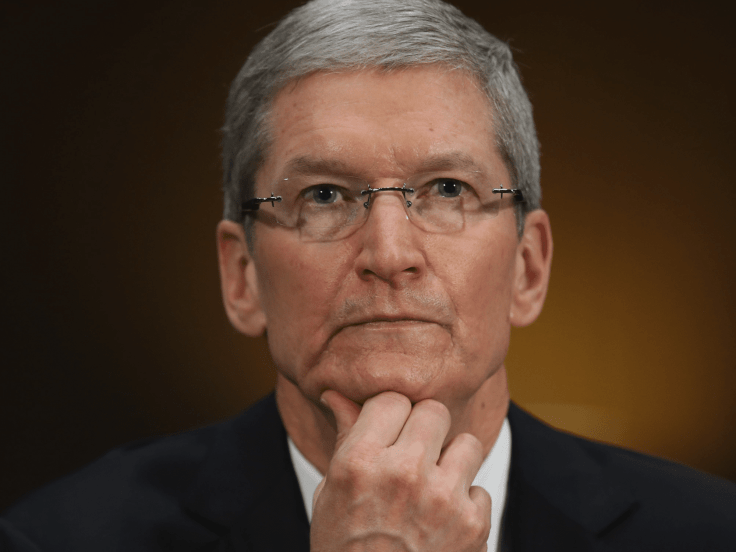My Take on Apple’s 30% Cut and a Proposal
With recent events surrounding the launch of the controversial HEY email service, just before the WWDC conference, Apple has been on the defensive more than ever1. Their App Store policies are attracting more and more criticism from long-time developers. Apple is in a powerful position that is attra

With recent events surrounding the launch of the controversial HEY email service, just before the WWDC conference, Apple has been on the defensive more than ever1. Their App Store policies are attracting more and more criticism from long-time developers. Apple is in a powerful position that is attracting attention from lawmakers and regulators all around the world. Can Apple do something about it before it becomes an ugly mess? I think so. Let’s see how.
A powerful but tricky position

Apple’s posture reminds me of Microsoft’s similar situation in the nineties. Both situations are similar and different at the same time. Microsoft was imposing Internet Explorer to end users by integrating the browser into Windows, making it hard for competing browsers to emerge. Moreover, Microsoft relations with OEMs had the effect of spreading (imposing) the Windows banner everywhere on the planet, so they had more than 90% of the PC market2.
Apple’s position is quite different, though. They are not dominating any market like Microsoft did3. The common theme between these two situations, is the lack of choice. Microsoft wanted to own the browser. Apple wants to own the whole App Store stack. Apple won’t let you in their App Store as a developer if you want to charge for a service outside the App Store’s integrated payment system4. My understanding of the problem is the lack of choice for developers and this is what is attracting regulators’ attention. Sure, there is a lot of noise regarding the 30% cut Apple is getting on every transaction. It seems a lot. But, to me, this is a secondary issue, yet an important one. Is Apple willing to change its mind?

John Gruber used a great story of Steve Jobs and the Cube in a post to illustrate how Apple reversed its stance regarding the Cube which wasn’t selling very well. Steve Jobs cancelled it.
Why not pull a Steve Jobs on the App Store? Cut the commission rate to 85/15 across the board and act like it’s innovative and something only Apple could or would do. Open up the Netflix rule to all developers — maintain the rule that if your app charges money as an in-app purchase, you must use Apple’s in-app payment system — but let any and all apps choose to do what Netflix does if they want to opt out of that, and sign up customers on their own outside the app.
Apple is not there yet

I’m not sure Apple is ready to pull a Steve Jobs on the App Store yet. Why? They recently published an “analysis” of the current digital marketplaces landscape5. I didn’t read the full report but after a few paragraphs I knew what it was all about. According to John Gruber, the report’s narrative is essentially something like “We are not better or worse than the others”. I’m not a lawyer but, to me, it looks like a terrible defense. I think Apple is missing the point: they are not making it easy for developers to opt-out of their payment system. The following Twitter thread is very telling of the core issues Apple is facing. Don’t miss it.
A proposal requiring “courage”
I recently published something along the line, “The Race for the Bottom of Everything” where my point is that no matter what Apple does regarding their cut from developers sales, the debate will come back in the future. Any pourcentage is always too high and developers will want a better piece of the revenue cake. Period. The debate has to shift to something else.
Let’s say I’m an advisor to Apple, here is a five steps plan I would expose to them.
- Allow developers to opt-out of the App Store payment system. This would help reduce the importance of the cut Apple is imposing. If Apple wants to keep 30%, they will be compared to other payment platforms like Stripe and developers will make their choice.
- Make everyone to play the same rules, not only big players like Netflix. On that subject, Phil Schiller declared in an interview with Reuters that the App Store aims to treat every app on the same level. Probably true in 2008, but in 2020? Do you believe him? It has to change.
- Reconsider the 30% cut on developers’ revenues and propose something not only lower (15%?) but maybe with a variable over time or with volumes. This move would be more political than anything as Apple would show some flexibility.
- Make the Developers program free of charge. This would help send a clear message to developers: you are not only revenues generators but also partners in our journey to offer value to our common customers. Managing bad perceptions is critical.
- Upgrade the App Store and its payment system and features to increase intrinsic value of the App Store to enable highly requested features like: application rentals, paid upgrades, free trials. Again, developers would then weight the pros and cons of each platform as suggested by Matt Birchler
I’m not an expert. All these things are much more complex than it may look. There are probably as many plans or proposals as there are Apple pundits. Take that one from Matt Birchler. He goes ahead and make a similar proposition in his post entitle: “If Not 30%, What? 4 Ideas on How to Improve App Store Pricing”. Interesting.
When it comes to its fundamentals, Apple is not moving fast. Apple’s 30% cut is controversial and many developers want a new deal. But something more central to Apple’s currently held position is causing lawmakers and regulators to notice: the lack of choice. Developers cannot opt-out of the App Store payment system. Apple has to reconsider its stance on this. This blog post tries to lay the basic steps Apple could go through to shift the dynamics. Is Apple ready? Does it even make sense?
What is your take on Apple’s 30% cut and the lack of payment system opt-out option for developers? How would you change Apple’s policies? Leave a note in the comments section after this post.
- Why not save for later my thoughts on HEY, a game changing email service for me. ↩
- To counter Microsoft, many pundits asked Apple to do the same and license MacOS to OEMs. It didn’t worked, it was just before Steve Jobs came back to Apple. ↩
- From a market pourcentage perspective, they are not as pervasive as Microsoft once was in the nineties. From a revenue share pourcentage, that is another story. ↩
- I still don’t understand how Netflix is getting away with it. ↩
- This study was commissioned by Apple. ↩



